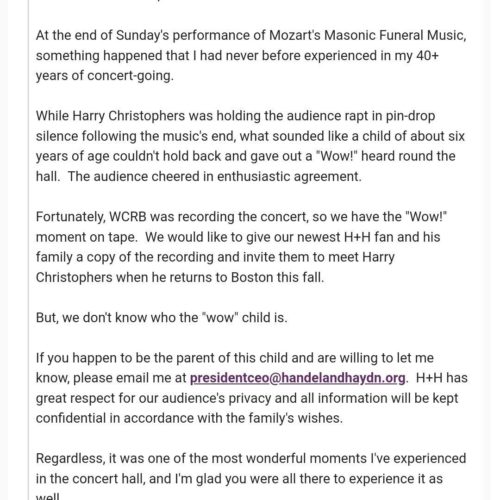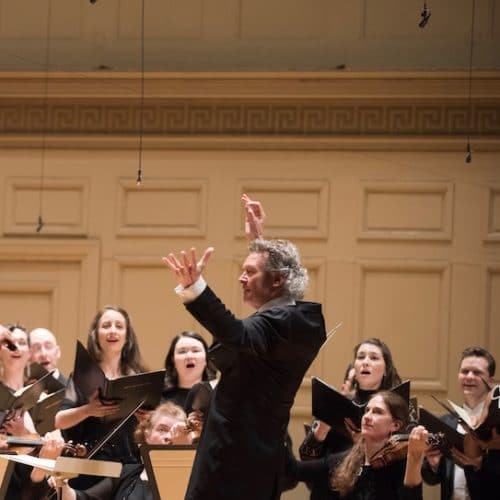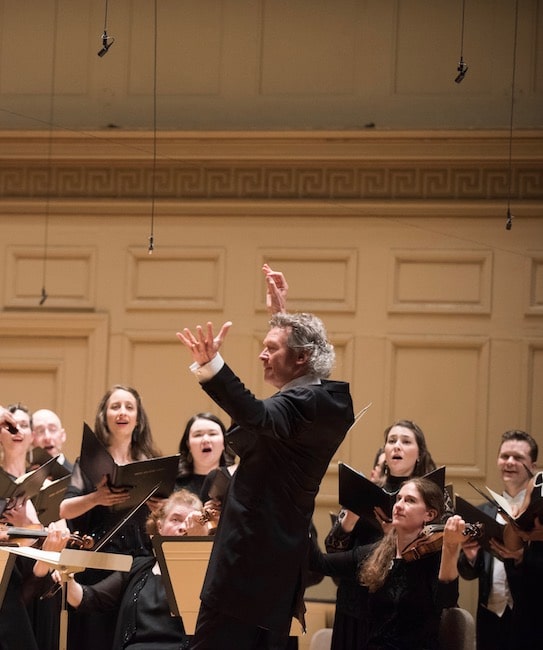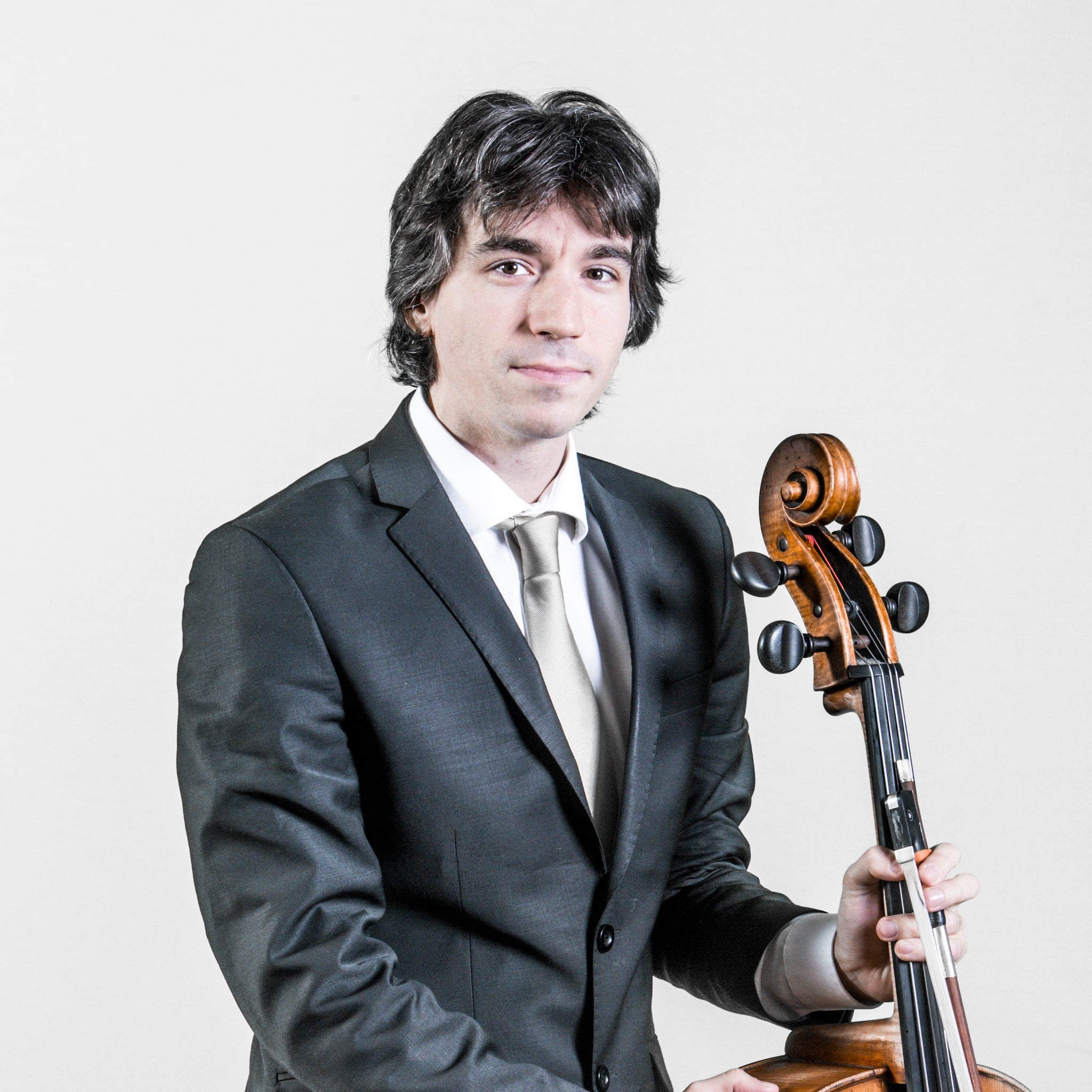US orchestra hunts child who disrupted its concert
mainAt the end of Sunday’s Handel and Haydn Society performance of Mozart’s Masonic Funeral at Symphony Hall in Boston, a child let out a cry of WOW! and was heard all over the radio broadcast. (Listen to it here).
The HHS is the oldest music organisation in America. It does not tolerate indignities.
An investigation has been set in motion to track down the child, who is believed to be around six years old.
The HHS president and CEO David Snead has written a do-you-know-this-kid letter to all supporters, calling the exclamation ‘one of the most wonderful moments I have experienced in a concert hall’. The conductor Harry Christophers wants to meet him.

We’re not surprised the kid is lying low.

photo: Sam Brewer
UPDATE: They found him in the end.
Help @handelandhaydn find this “wow” child! Find out more: https://t.co/TsjEQmeSYX pic.twitter.com/CeZcciRM2G
— 99.5 WCRB, Classical Radio Boston (@995WCRB) May 7, 2019






Comments